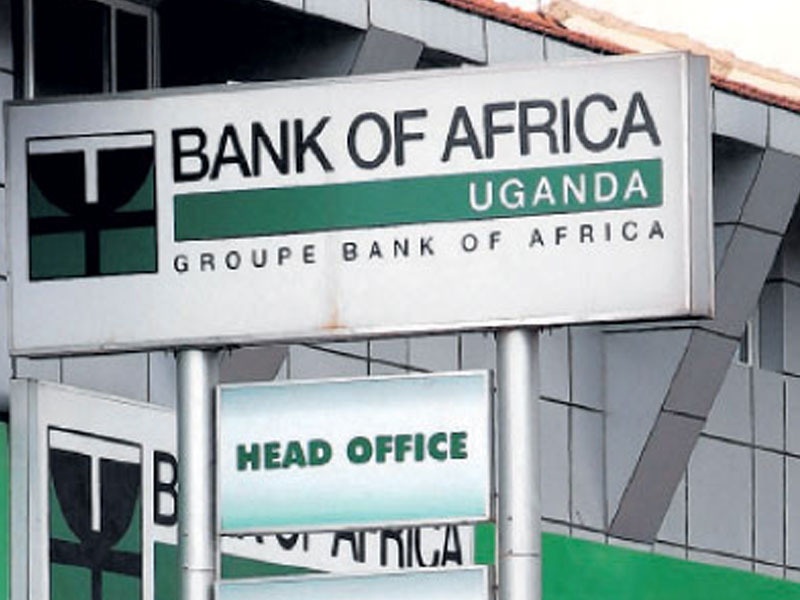Uganda is now venturing into the realm of Islamic banking, raising questions about its readiness for this new financial system and the implications it might bring to the country’s financial sector. The Bank of Uganda, on September 8th, granted its very first Islamic banking license to Salaam Bank Uganda, a subsidiary of a Djibouti-based bank. This development has ignited discussions about how this banking approach, which adheres to Islamic principles, might influence Uganda’s economic landscape.
Islamic banking and finance are guided by five fundamental principles grounded in the Islamic faith. These principles prohibit interest (riba), deceitful transactions (gharar), speculation or gambling (maysir), and emphasize that all funding should be asset-backed, restricting investments to lawful activities (halal). A unique aspect of Islamic banking is the nature of the relationship between customers and the bank. Unlike conventional banking, which involves a borrower or depositor relationship, Islamic banking fosters a partnership model. Notably, this system is not exclusive to people of the Islamic faith; it aims to uplift individuals from economic hardship, promote economic ethics rooted in spiritual values, encourage lending to those without assets, channel savings into productive sectors, and share profits and losses.
This is not Uganda’s first attempt at implementing Islamic banking, as previous efforts encountered obstacles since 2016. One such impediment was the necessity for a fully operationalized Shari’ah Advisory Council, which is tasked with overseeing and advising financial institutions on Shari’ah compliance. Due to the challenge of identifying competent individuals to run the council, this requirement has been eliminated, taking inspiration from countries successfully operating Islamic banks without it.
Uganda is the last East African Community (EAC) member to introduce Islamic banking, with Kenya, Tanzania, and Rwanda having adopted the system in 2008. However, most banks in these countries offer Islamic services through an “Islamic Window,” a component of conventional banks that provides Islamic banking services. Islamic finance has been credited with contributing to stability, promoting growth, and creating long-term employment, as observed in the Middle East and North Africa (MENA) region in countries like Saudi Arabia, Egypt, and Morocco.
The introduction of Islamic banking in Uganda coincides with declining popularity of traditional banks due to alleged fraudulent practices eroding public trust. The recent approval of the bill by the President suggests that many institutions and individuals may embrace this Shari’ah-compliant banking system. However, it’s important to note that the Islamic community in Uganda constitutes only 14% of the population, according to the 2014 population census.
Despite the relatively small Islamic population, the introduction of Islamic banking is expected to bring changes to Uganda’s financial sector. To stay competitive, conventional banks may consider establishing Islamic windows, which may lead to operational challenges, given the complexity of this financial system. Islamic banks, on the other hand, might need to devise mechanisms to absorb potential losses from non-performing loans, as well as address liquidity issues stemming from their non-interest-based operations, which may hinder their functioning.




















